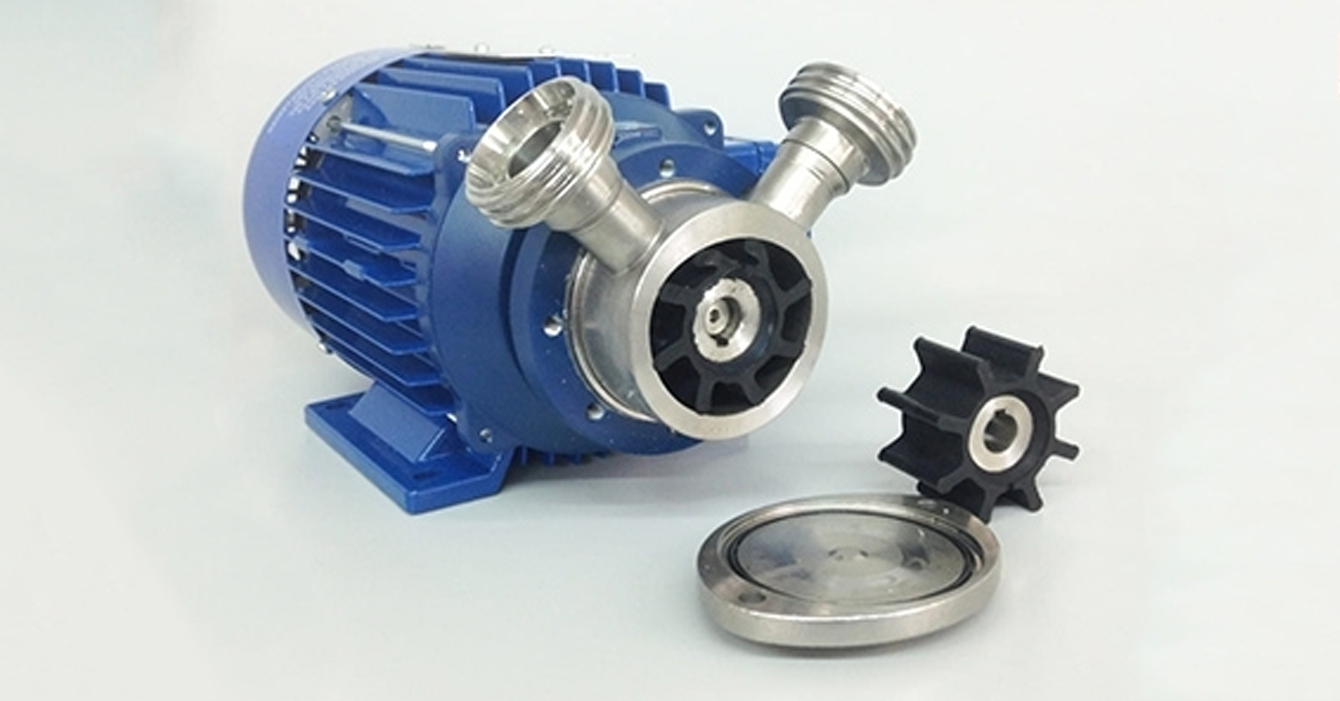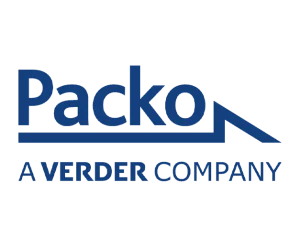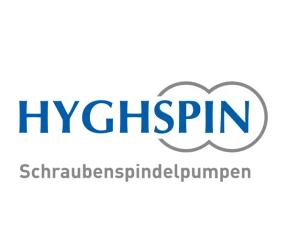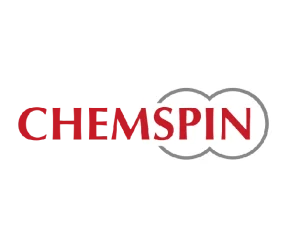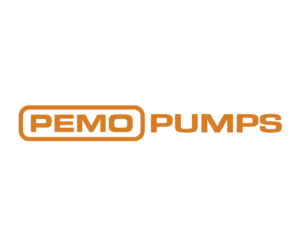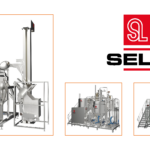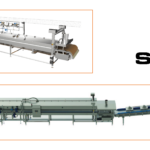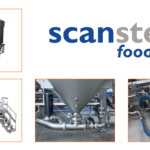Impeller pumps (flexible vane pumps) are positive displacement pumps that, thanks to their unique design, provide efficient and gentle liquid handling. Their main feature is the use of a flexible impeller (impeller with blades), which allows them to handle liquids of various viscosities, including delicate, abrasive or containing solid particles.
The principle of operation of the impeller pump
- Impeller: Inside the pump casing is an impeller with flexible blades. As it rotates, the impeller collides with the chamber walls, creating sealed chambers that capture and move the fluid.
- Flexible blades: Thanks to the flexibility of the blades, the pump is able to adapt to changes in fluid viscosity while maintaining transportation efficiency.
- Camera compression and expansion: As the impeller rotates, the chambers change their volume, ensuring smooth suction and ejection of liquid through the inlet and outlet nozzles.
Areas of application
- Food industry:
- Pumping milk, cream, juices, purees, syrups, alcoholic beverages.
- Working with delicate products such as yogurt or sauces.
- Pharmaceuticals:
- Transportation of biological solutions, medicines, gels.
- They meet sterility requirements and are compatible with CIP/SIP systems.
- Cosmetics industry:
- Work with thick substances such as creams, shampoos, lotions.
- Chemical industry:
- Pumping aggressive liquids, including weak acids, solvents, and slurries.
- Maritime industry:
- They are used in engine cooling systems, fuel and other technical fluids.
Features of impeller pumps
- Delicate transportation: Thanks to the smooth movement and gentle contact of the blades with the liquid, the pump preserves the structure of the products, which is especially important in sensitive environments.
- Self-priming: They are capable of creating a vacuum and sucking liquid even from empty pipes, which simplifies startup.
- Reverse flow: The pump can reverse the flow direction, which is convenient for process lines with reverse cycles.
- Compatible with a wide range of liquids: They work with low-viscosity, high-viscosity, abrasive, foamy and aggressive liquids.
- Resistance to wear and tear: The blades are made of robust materials such as rubber, EPDM, or PTFE, which ensures long-lasting operation even in abrasive environments.
- Easy to clean: Supports automatic CIP/SIP systems for sanitary cleaning.
How to choose the right impeller pump?
- Fluid characteristics: Consider the viscosity, solids, temperature, and aggressiveness of the fluid.
- Blade material: Choose a material that matches the characteristics of the fluid (e.g. EPDM for food or PTFE for aggressive chemicals).
- Productivity: Calculate the required pumping volume and head.
- Temperature of the working environment: Check whether the pump is capable of handling hot or cold liquids.
- Hygienic requirements: For the food and pharmaceutical industries, make sure the pump meets FDA, EHEDG, or 3-A standards.
- Additional features: Consider the need for reversible flow, CIP/SIP support, or special enclosure coatings.
Advantages of the impeller pump
- Versatility: Capable of handling a wide range of fluids and operating conditions.
- Easy to maintain: Quick access to parts for replacement or cleaning.
- Energy efficiency: Low energy consumption even when handling highly viscous liquids.
- Compactness: Its small size makes it easy to integrate into production lines.
- Durability: Robust construction for long-lasting use.

